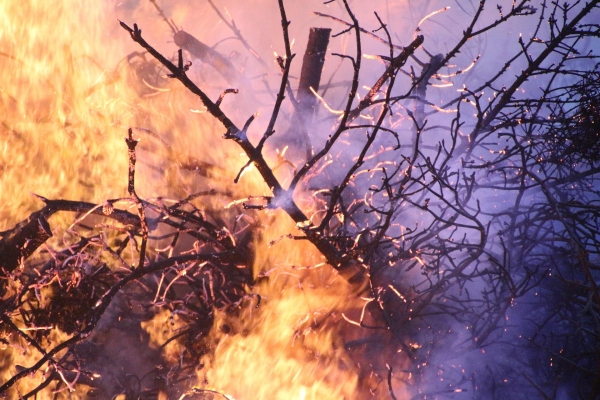A new study led by researchers at the Lamont-Doherty Earth Observatory offers the clearest evidence yet that a centuries-long drought transformed life on Rapa Nui (Easter Island) beginning around the year 1550.
articles
Scientists See Growing Risk of ‘Hothouse Earth’ as Warming Gains Pace
Warming is accelerating, threatening a cascade of tipping points that destabilize the climate.
Climate Attitudes Unchanged Before and After Hurricane Helene
In late September 2024, Tropical Storm Helene swept across the south-eastern United States.
Avian Malaria Widespread Across Hawaiʻi Bird Communities, New UH Study Finds
A new study led by a University of Hawaiʻi at Mānoa researcher shows that avian malaria can be transmitted by nearly all forest bird species in Hawaiʻi, helping explain why the disease is present almost everywhere mosquitoes are found across the islands.
UK Winters Become Wetter as Greenhouse Gases Rise
The research shows that for every degree of global or regional warming, winter rainfall increases by a compounding 7%, increasing the risk of flooding.
Farming for the Future
Ambitious plans to reduce the environmental impacts of farming and increase food security have been revealed as part of a collaboration between the University of Leeds and McCain Foods.









